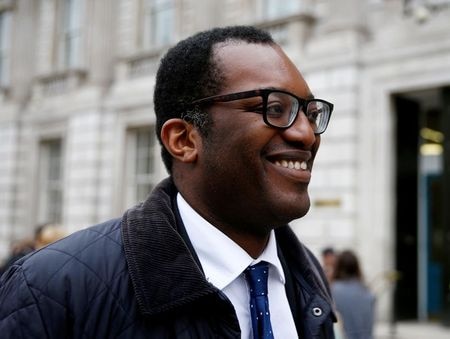Kwarteng’s go for growth call shouldn’t be that controversial a message

Go for growth. That’s the message given to the Treasury by the new Chancellor Kwasi Kwarteng, we are told, with a need to do things differently under fresh leadership. Who are we to argue?
Of course, simply ordering the Treasury to deliver 2.5 per cent growth does not make it happen. If there was a magic wand for growth, it would surely have by now been located and waved, excessively. But it is at least a welcome start and perhaps an appreciation of the sticky situation Britain now finds itself in.
In short, low trend growth plus an ageing population do not go well together. Combine that with runaway public spending – both on an ongoing basis and on various emergency packages – and you get a pretty ugly picture.
That the Treasury is some sort of obstructive force is an overdone theme, but it is true that the general trend of thinking within Whitehall and the establishment is minded towards fiscal caution. There’s nothing wrong with that, but it has perverse consequences.
To give one example, it has become an accepted part of political discourse to describe tax cuts as “unfunded,” as if to allow Brits to keep more of their hard-earned in their pocket is somehow robbing the Treasury of cash it can give back to them in some other form. Britain has a number of fine think-tanks and economic wonk-shops which share a similar view on the world, and it is a view that invariably puts concepts like distribution ahead of growth. It has become normal to want to share the proceeds of growth, to borrow Osborne’s phrase, but strangely unpopular to talk about ways in which growth might be spurred.
The rhetoric of Kwasi Kwarteng and his boss, Liz Truss, may be just that. But if they are able to reshape our national conversation away from caution and towards risk-taking that would be a definite mark of progress. And if they could build some infrastructure whilst they’re at it, all the better.